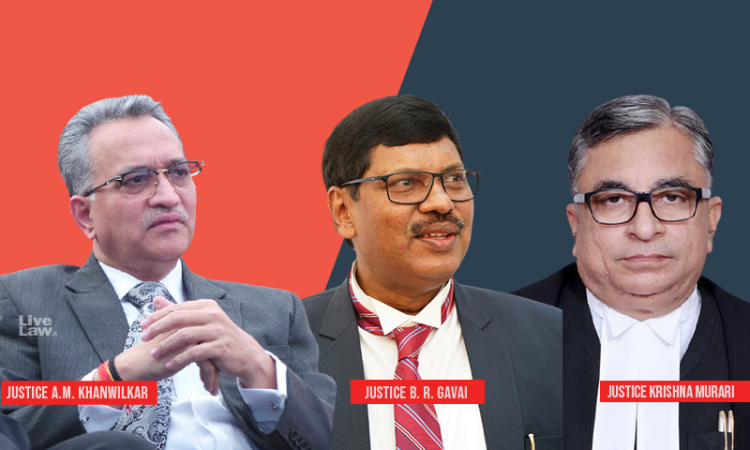The Supreme Court has held that the provision in the CBSE byelaw which permit the change of name of the student only on the basis of court orders obtained before the publication of results as "excessively restrictive".The Court held that the embargo on accepting court orders and gazette publications after the publication of results as an unreasonable restrictions on the exercise of rights...

